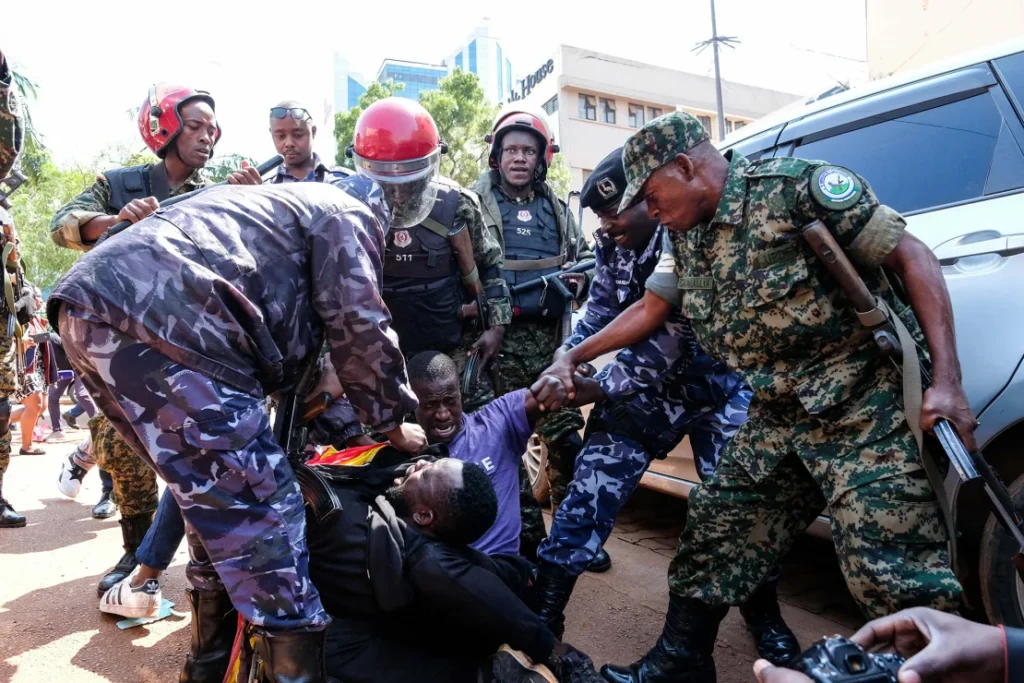Africa’s youth are rising up in discontent, fueled by frustration over corruption, soaring living costs, and widespread unemployment. The protests began in Kenya, where Gen Z led six weeks of demonstrations against a controversial tax bill, resulting in at least 50 deaths. President William Ruto retracted the bill and reshuffled his cabinet amidst pressure from protesters demanding action against corruption and police brutality.
The unrest spread to neighboring Uganda, where citizens marched on parliament, prompting a heavy-handed response from security forces, with over 100 arrests. Protesters are demanding accountability for widespread corruption, estimated to cost the country $2.7 billion annually.
In Nigeria, Africa’s most populous nation, young people are planning an “end bad governance” march, seeking relief from economic woes, including 34% inflation and rising unemployment. They demand action on security, electoral reform, and constitutional reform.
Human rights lawyer Inibehe Effiong warns that people are “tired and hungry,” urging President Bola Tinubu to address their concerns. The government has called for calm, warning of potential violence and alleging foreign instigation.
Analysts see the youth uprisings as a “reality check” for African leaders, with adjunct professor Gift Mugano noting that “as long as there are no economic opportunities, and governance and rule of law are not at their best, we will not have stability in the continent.”
Senegalese political analyst Mamadou Thior echoes this sentiment, warning that rising dissatisfaction among Africa’s youth could lead to unrest across the continent. Youth-led uprisings have also erupted in Senegal and Ghana, with protests against corruption and bad governance.
Former Nigerian President Olusegun Obasanjo cautions that Africa is “sitting on a keg of gunpowder,” with youth anger and hopelessness threatening chaos if leaders fail to address their needs.



